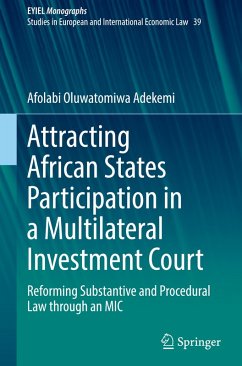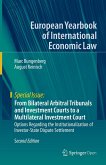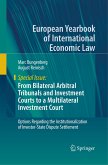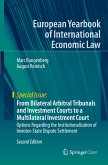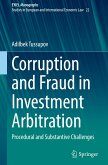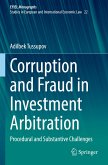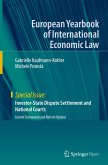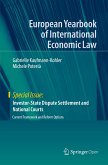This book delves into the intricacies of encouraging African states' participation in a Multilateral Investment Court (MIC), set against the backdrop of their experiences with international investment agreements and the Investor-State Dispute Settlement (ISDS) system. It tackles the pervasive issues within the existing ISDS framework, emphasising the critical standpoint of African states on the desired ISDS reform. The text unpacks the foundational standards of treatment-such as Fair and Equitable Treatment (FET), guarantees against expropriation, and the Full Protection and Security (FPS) standard-highlighting how they are commonly invoked against African nations. Through detailed analysis, the book exposes the inherent challenges these standards pose to the sovereignty and regulatory autonomy of African states, particularly in contexts that demand sustainable development and public interest considerations. The book critically evaluates the proposed MIC as a reformative alternative to traditional ISDS mechanisms, scrutinising its potential to address the substantive and procedural grievances that have historically disadvantaged African states within the global investment arbitration landscape. It proposes a nuanced framework for reform that aligns with the developmental aspirations and legal traditions of African countries. By providing in-depth insights into the procedural and substantive dimensions of international investment law from an African perspective, the work advocates for a balanced approach that respects the regulatory prerogatives of states while ensuring fair protection of foreign investments. The book stresses the importance of this balanced approach, which is crucial for attracting African states' participation in a future MIC. The target audience for this comprehensive monograph includes legal academics, practitioners, law students, and other enthusiasts of international investment law and its emerging reforms. Through its detailed examination of the challenges and opportunities within the current ISDS system, the book offers valuable perspectives for those engaged in the discourse on international investment law's evolution in response to the global backlash against traditional ISDS.
Bitte wählen Sie Ihr Anliegen aus.
Rechnungen
Retourenschein anfordern
Bestellstatus
Storno

